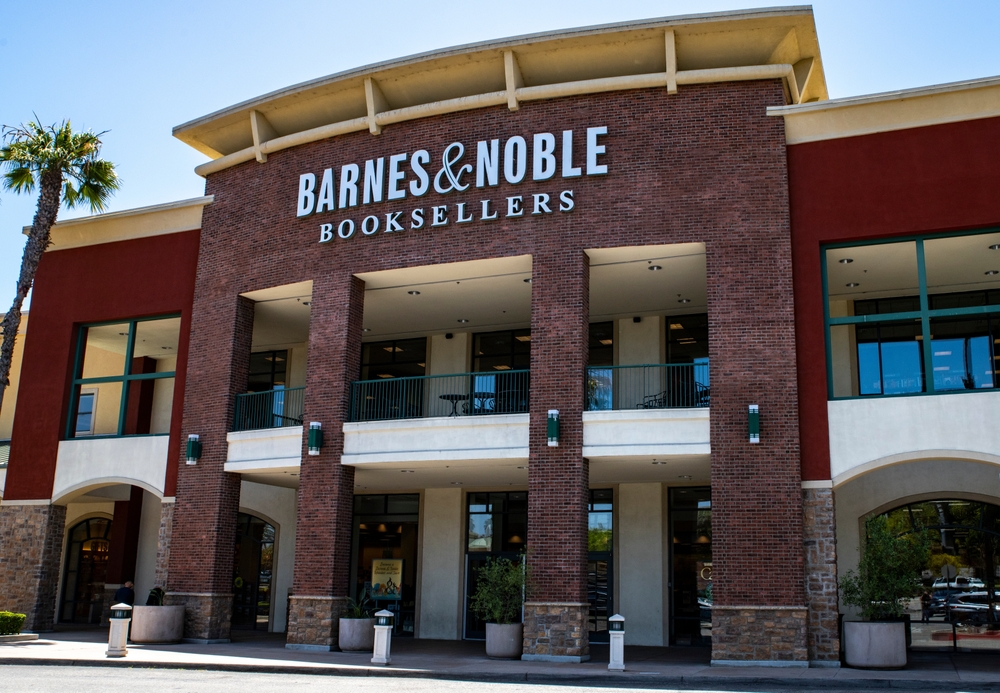Facebook has earned $2 billion in legal judgments from people that don’t exist. Confused?
It's the result of Facebook's lawsuit against the real people who create fake accounts and use those profiles to sell fake “likes” to businesses.
The way it works is a company buys likes for their product in order to look more popular — and trick Facebook’s advertising algorithm. The problem with that, according to Facebook's press release, is that, "Businesses and people who use our platform want real connections and results, not fakes."
In fact, the social network thinks that businesses who “buy likes” are hurting themselves more than they're hurting Facebook.
That’s because fake customers don't talk, and businesses need to have a dialogue with the people who truly support their product.
But the The Daily Dot has another take, saying "Clicks are clicks — it's not outside the realm of possibility that Facebook engagement, authentic or not, could beget yet more engagement."
Still, Facebook’s security experts are adamant. Besides initiating a multibillion-dollar lawsuit, the developers claim to have the technology to detect and deactivate fake accounts by weighing certain criteria. For example, asking for additional verification when an usual number of likes appears on a page. (Video via Facebook)
Mark Zuckerberg isn’t the first tech leader to take action against spammers. In 2012, Amazon lead a charge to rid its product reviews of biased or paid-for statements used to bury negative reviews. That move was met with controversy when book reviews by family members and fellow authors were taken down.
In August, Facebook estimated nearly that 84 million of its 955 million profiles were fake.
The video includes images from Getty Images.









